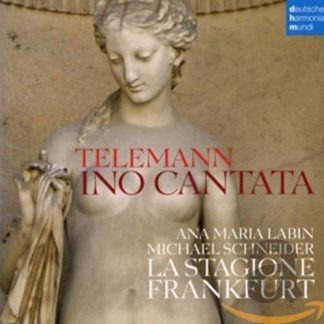Description
Artists
|
Besides his more than 150 sonatas, Carl Philipp Emanuel Bach also composed a large number of single-movement pieces for solo keyboard. Some of these were published in collections, beginning with the Probestücke (Study Pieces) of 1753, included on Volume 22 in this series (BIS-1762). On the present disc Miklós Spányi presents three other sets intended primarily for didactic use: the two collections of Kurze und leichte Clavierstücke and the 6 Sonatine nuove. For the benefit of budding keyboard players, Bach included fingerings as well as varied reprises, providing students with models for adding embellishments. There was obviously an audience that welcomed such material, for Bach’s collections circulated widely, and were reprinted in Augsburg, Berlin, and Vienna. Of the 28 pieces contained in them, only one has a duration of more than 3 minutes, and the majority are less than two minutes long. With a seemingly boundless imagination and his great skills as a composer for the keyboard, C.P.E. Bach nevertheless manages to give each piece a distinct character and atmosphere, to a degree that makes Miklós Spányi compare him to later master miniaturists including Schumann, Schoenberg and Bartók. Not all of Bach’s shorter pieces were intended for studying, and on this disc the closing Abschied for one has an almost private character: in 1781, Bach sold one of his instruments, a clavichord made by the famous builder Gottfried Silbermann, and was moved to compose a rondo as his farewell to it. |











